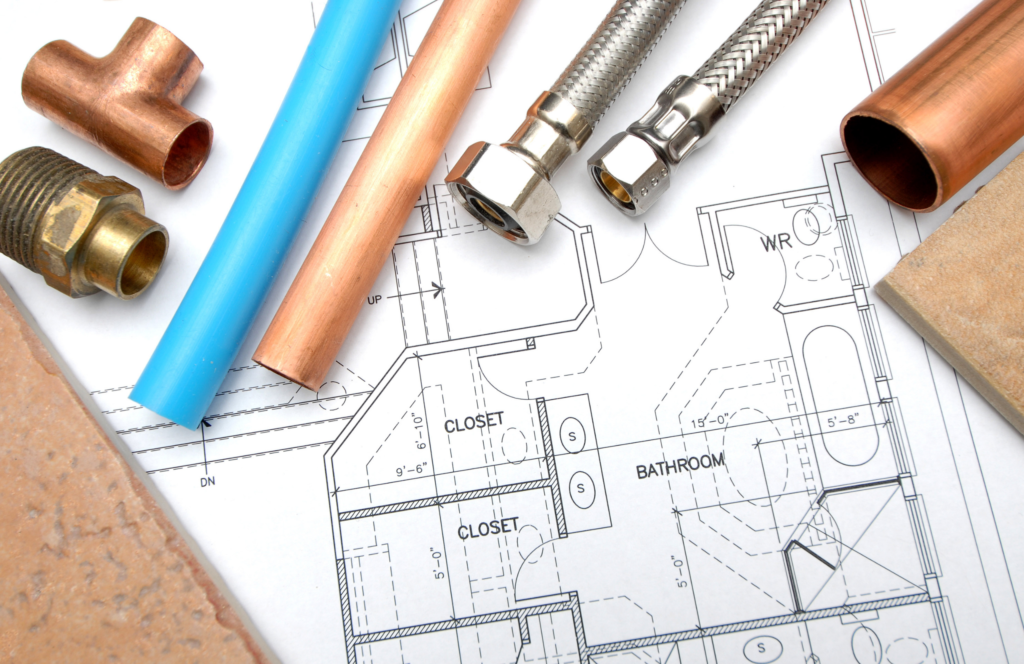
Closing day is the best day! It’s what we’ve been working towards and the deal is officially done. This is what you can expect from me as we prepare to close.
I will make sure all terms are satisfied and that the buyer’s lender has issued a clear to close or for cash transactions verify that the buyer will have funds available for the specified close date.
Closings are scheduled during the day from 9-4 on the hour. You may have to arrange from time off from work to be available for closing. I will do my best to make sure the time and location is convenient for you and your needs.
The transfer of utilities is coordinated with the time of possession. If possession is the date of close you should plan to make phone calls to the utility companies a few days before close. If the possession is extended after closing you will want to contact the utility companies a few days before you hand the buyer(s) the keys. I will provide you with the list of phone numbers in advance.
The day of closing you will need to bring your photo identification, social security number, keys (if possession is at close), a cashiers or certified check made out to the title company (if you are required to bring funds to close the transaction), and a check made out to the buyer(s) if you have extended possession and rent is a negotiated part of the contract.
At the closing you will receive copies of all of the documents and your proceeds check (if applicable). Please keep in mind the title company will issue this check specifically to the name on the title.
If you need the name of moving companies or a source for moving boxes I will provide you with a list of excellent resources.
After closing I will follow up with you to make sure that all your needs are met and answer any questions that you may have.









